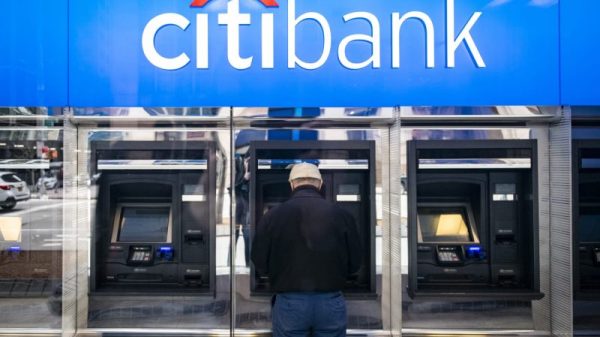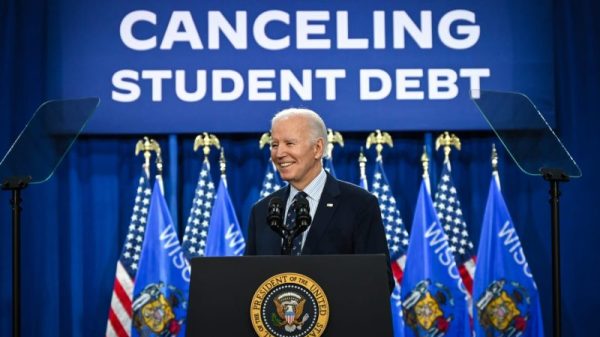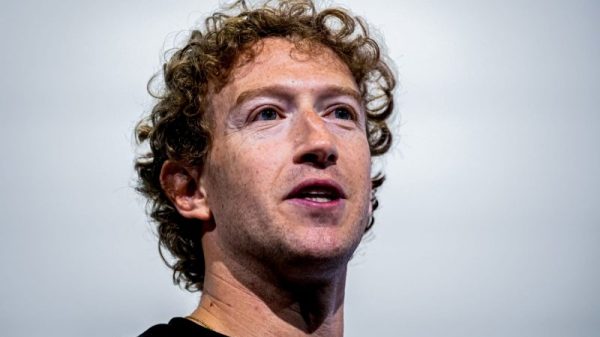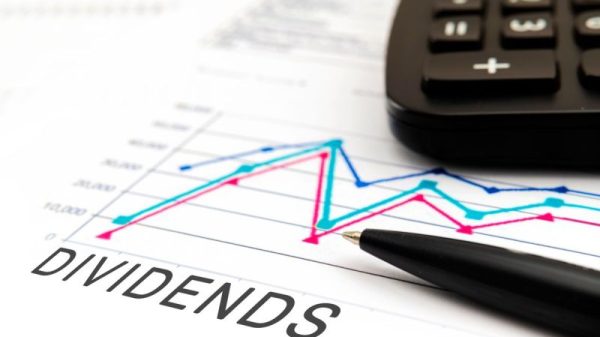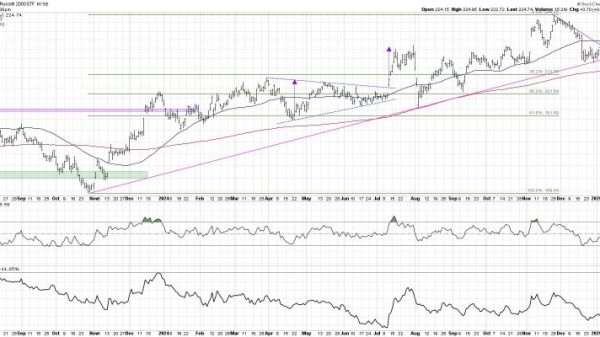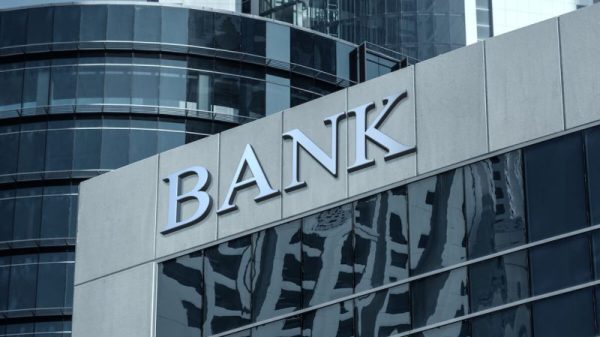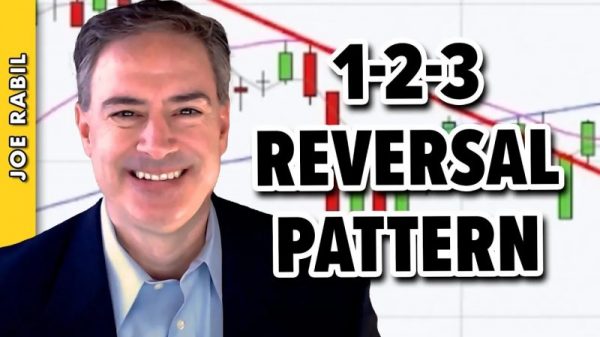As of this writing, Elon Musk’s net worth is about $246.8 billion. That’s not all liquid, obviously. He doesn’t have a giant Scrooge-McDuck-style vault filled with $250 billion in gold bullion — partly because such a vault would have to be awfully big, and partly because even Musk might be wary of trusting his fortune to an Elon Musk-built building.
But it is still a lot of money. Enough that handing out $1 million every day for a month would drop his fortune to … $246.8 billion. Or working in reverse, if he somehow liquidated every dollar of his net worth, he could hand out $1 million to nearly 247,000 people if he so desired.
Which, it seems, he might so desire.
The latest gimmick in Musk’s efforts to ensure that Donald Trump is elected president in two weeks’ time is precisely that: to hand out $1 million checks to registered voters who signed a petition promoted by a political action committee he funds, America PAC. Experts on election law are dubious about the legality of the promotion, given federal prohibitions against paying for efforts to “induce or reward the voter for engaging in one or more acts necessary to cast a ballot.” But $246.8 billion can also hire a lot of lawyers to stall efforts to block the gimmick and can cover a lot of six- or seven-figure fines for crossing legal lines.
It’s also not clear that it will have any effect on the election. The two Pennsylvania residents who’ve so far been awarded $1 million checks appear to have registered to vote well before Musk began his efforts to encourage pro-Trump voters to do so. John Dreher, the first recipient, appears to have registered as a Republican in 2021 and voted consistently since. Kristine Fishell, the second, appears to live in a suburb of Pittsburgh (coincidentally just a few minutes away from the home of the man who shot Trump earlier this year). She appears to be a Republican who has been registered (and almost always voted) at that address since 2009. In other words, that $2 million went to people who were already almost certainly going to go vote for Trump anyway.
On X, the social media platform Musk purchased a few years ago, he celebrated that more Republicans than Democrats had registered to vote in Pennsylvania over the past week, incorrectly describing the 28,000 to 13,000 difference as “3X” more Republicans. It’s not clear, though, that many or any of those new registrants were people inspired by the opportunity to win $1 million or get the $47 payout Musk had pledged to petition-signers earlier this month. It’s also not clear how many of any new registrants might actually vote.
This is not all Musk is doing to aid Trump, however. He’s reportedly contributed to other political action committees as well, including one called Building America’s Future (BAF). That group has attracted recent headlines for using dishonest tactics in an effort to promote Trump’s candidacy.
BAF is the sole identified funder of another group called Future Coalition PAC. HuffPost has reported that the group is targeting Arab American voters in Michigan by describing Vice President Kamala Harris as too close to Israel and Jewish voters in Pennsylvania by suggesting that she is too soft on Palestinians.
BAF is also promoting a site called “Progress 2028,” according to Open Secrets, which tracks money in politics. The site purports to offer a road map for progressive policy that mirrors the Heritage Foundation’s Project 2025. But it’s a straw man, focused on amplifying wedge issues aimed at turning off moderate or independent voters. The effort includes digital ads attributing controversial positions to Harris.
BAF’s donors are allowed to remain anonymous under federal law. But the Wall Street Journal reported on Musk’s past contributions to the group. Its leadership includes advisers to Florida Gov. Ron DeSantis’s (R) failed presidential bid who are also advising Musk’s America PAC.
There is certainly no reason to suspect that Musk would object to using misinformation to sway the election. His purchase of the site then known as Twitter was centered on the idea that the platform’s efforts to restrict abuse and misinformation were unacceptable infringements on free speech. Since assuming control of the site, reborn as X, Musk himself has often spread false claims about politics, including Harris and Trump.
It’s clear that some part of his support for Trump is rooted in actual political issues. Musk has criticized the “woke mind virus,” his term for efforts to address issues of diversity and identity in business and society. His daughter came out as trans several years ago, a development that Musk has struggled with publicly (and, according to her, privately). Musk has also amplified Trump’s more extreme rhetoric about immigration to the United States.
Some part of his support, though, is unquestionably linked to his corporate dependence on government spending. The New York Times recently reported that Musk’s companies, particularly rocket-maker SpaceX, receives billions in payments from federal agencies. His endorsement of Trump resulted in Trump promising that Musk would be given a government role in a second Trump administration. Musk would run a task force looking at government efficiency, meaning reviewing how and where the government spends money. Presumably, Tesla and SpaceX will be cleared by the committee’s work.
Musk has suggested that if Trump doesn’t win, he’d be targeted by a Harris administration for criminal sanction on unclear grounds. It seems safe to assume that he’s less confident of maintaining SpaceX’s intimate relationship with the government under a non-Trump presidency. And that’s more important to his retaining that $246.8 billion net worth than Trump’s policies on “woke”-ism.
In essence, Musk is running a real-time experiment on American democracy. Can a billionaire change the results of a close election by buying a communications platform, stretching legal limits by throwing millions around in swing states, and funding organizations that run deceptive ads?
And, if it works, where will his net worth sit four years later?


